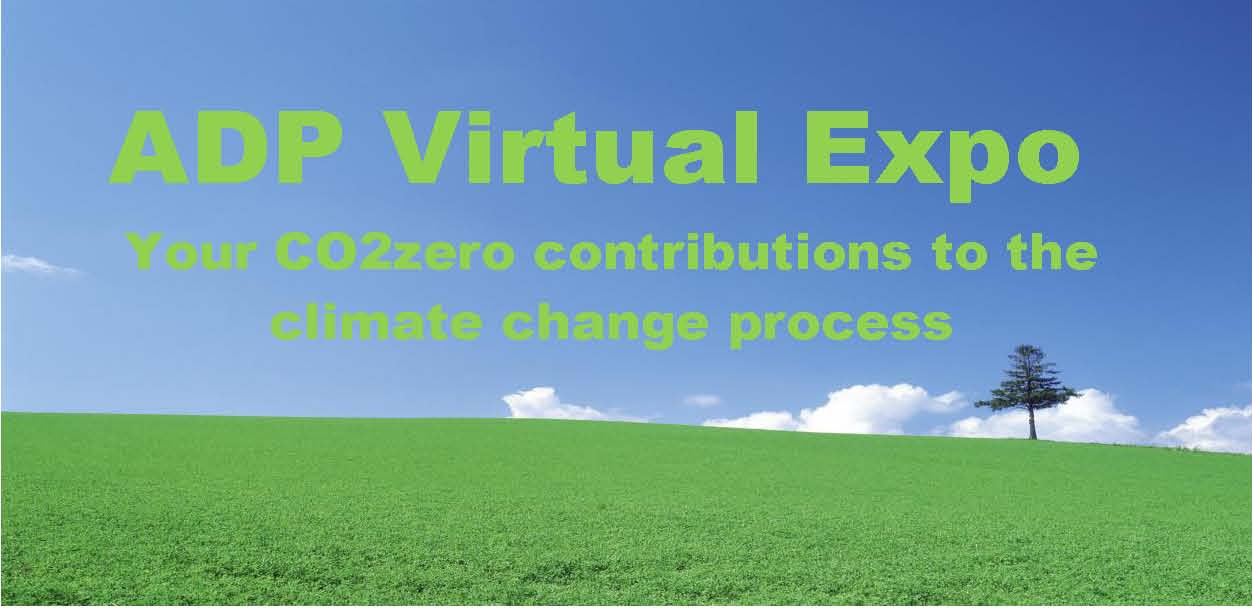
The technical expert meeting on addressing non-carbon dioxide (non-CO2) greenhouse gases allowed Parties, international organisations, the private sector and other relevant stakeholders to:
- Share views and experiences on options and opportunities to bridge the pre-2020 mitigation
ambition gap,
- Consider good practice mitigation actions and existing incentives,
- Identify barriers for scaling up measures to address non-CO2 GHG emissions from a wide
array of sources, and
- Propose options to overcome such barriers.
The discussion highlighted mitigation actions implemented at the national level in different regions. The meeting aimed to help participants explore options on how to further strengthen co-operation regarding mitigation ambition, including through the targeted utilization of existing UNFCCC institutions and mechanisms and forging new partnerships, to strengthen ongoing efforts to address the increase in non-CO2 GHG emissions.
Experts from Parties were encouraged to come prepared with actions and initiatives that Parties would like to advance, to share experience and engage in discussions oriented at achieving concrete and practical results. Organizations that are active in the respective areas were also encouraged to participate by sharing good practices and initiatives being undertaken with Parties and their potential for broader engagement, as well as by sharing information on different sources of support available to developing countries.
Programme
Summary by the facilitator Ms. Marta Pizano (Colombia)
The detailed technical summary is included in the updated technical paper and its addendum on non-CO2 greenhouse gases
Background information
Presentations
|

|
ADP Virtual expo
Interested Parties and organizations were invited to upload relevant material for the technical expert meetings on non-CO2 greenhouse gases and carbon capture, use and storage, in addition to the existing cooperative initiatives already presented in the portal on the UNFCCC website.
All uploaded material can be found at the ADP Virtual expo.
|
Background information
In Warsaw, the ADP requested the secretariat to organize, under the guidance of the ADP Co-Chairs, technical expert meetings at each of the sessions of the ADP in 2014 to share policies, practices and technologies and address the necessary finance, technology and capacity building, with a special focus on actions with high mitigation potential.
The series of technical expert meetings was launched at the ADP March session with a focus on renewable energy and energy efficiency and continued at the June meeting, where opportunities for action on urban environment and land use were examined.
In October, technical expert meetings focused on opportunities for action on non-CO2 greenhouse gases and carbon capture, use and storage.
|
Presentations
|
|
Wednesday, 22 October 2014, 10:00 p.m. to 11:40 p.m.
|
|
Combatting Methane Emissions: The Global Methane Initiative - Mr. Henry Ferland, Global Methane Initiative Administrative Support Group
|
|
Flaring and Methane Management in Australia - Mr. Lachlan Grove, Department of Foreign Affairs, Australia
|
|
Methane from agriculture: Opportunities for reducing methane emissions from agricultural sources - Ms. Carolyn Opio, Food and Agriculture Organization
|
|
Opportunities to reduce Methane emissions in the Waste Sector - Mr. Gary Crawford, Chair WG Waste Management & Climate Change - ISWA and Vice President - Emerging Markets
|
|
Pilot Auction Facility for Methane and Climate Change Mitigation - Ms. Bianca Sylvester, World Bank Group
|
|
11:40 p.m. to 1:00 p.m.
|
|
Climate Change 2014 - Mitigation of Climate Change - Mr. Francesco Nicola Tubiello, IPCC WGIII Lead Author (AFOLU), Food and Agriculture Organization
|
|
Non CO2 Greenhouse Gas Emission Reductions - N2O emission reduction projects in Brazil: status, challenges and perspectives - Mr. José D. G. Miguez, Ministry of Environment of Brazil
|
|
Kenya intervention at the ADP Expert meeting - National Climate Change Action Plan 2013-2017 - Mr. Omedi Moses Jura, Government of Kenya
|
|
Action on Non-CO2 Greenhouse Gases: Nitrous Oxide Emissions - Mr. Rama Chandra Reddy, The World Bank
|
|
Nitric Acid Production - Mr. Volker Andresen, Technical & SHE Director - International Fertilizer Industry Association
|
|
N2O emissions from adipic acid production - Mr. Philippe Chauveau, Head of Climate Change Policy, SOLVAY
|
|
3:00 p.m. to 4:30 p.m.
|
|
TIME TO ACT - To reduce short-lived Climate Pollutants - Ms. Helena Molin Valdes, Head of the CCAC Secretariat, hosted by UNEP
|
|
China’s Actions on Phasing Down Fluorinated Gases - Ms. Liu Yang, National Development and Reform Commission of China
|
|
The EU experience: Regulating fluorinated gases (F-gases) - Mr. Jake Werksman, Mr. Arno Kaschl, European Commission DG Climate Action
|
|
HFCs and the Montreal Protocol - Ms. Megumi Seki, Ag. Deputy ES and Scientific Officer, Ozone Secretariat, UNEP
|
|
Recent Montreal Protocol assessments: reporting on alternatives to ODS (low-GWP HFCs) - Mr. Lambert Kuijpers , Co-Chair, Technology and Economic Assessment Panel
|
|
Multilateral Fund - Mr. Eduardo Ganem, Chief Officer, Multilateral Fund Secretariat, UNEP
|
|
Support at National Level of F-gases - Mr. Stephan Sicars, Director, Montreal Protocol Branch United Nations Industrial Development Organization
|
|
Actions to Control Emission of HFCs in Japan - Implementation of “the Act on Rational Use and Proper Management of Fluorocarbons” - Mr. Kazuhiro Sato, Japan refrigeration and Air Conditioning Industry Association (JRAIA)
|
|
US Industry leadership In support of a Global HFC phasedown - Mr. Stephen Van Maren, Working Group Session on Fluorinated Gases, US Alliance for Responsible Atmospheric Policy
|
|
Aluminium production efficiency while reducing PFC emissions - Mr. Jostein Søreide, Senior advisor, Norsk Hydro
|

